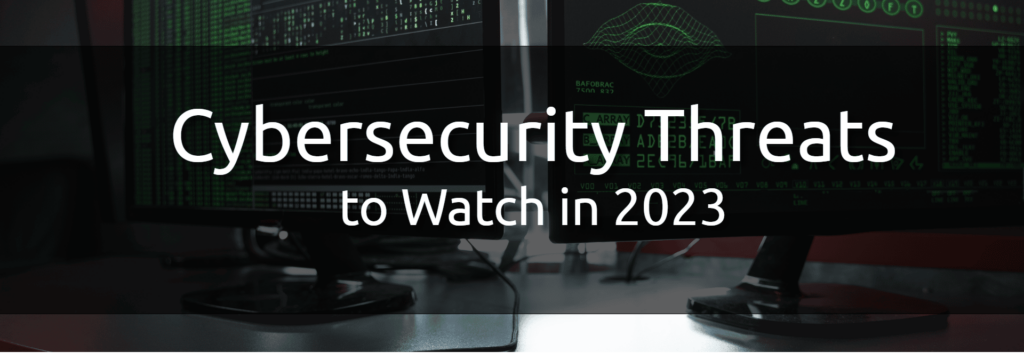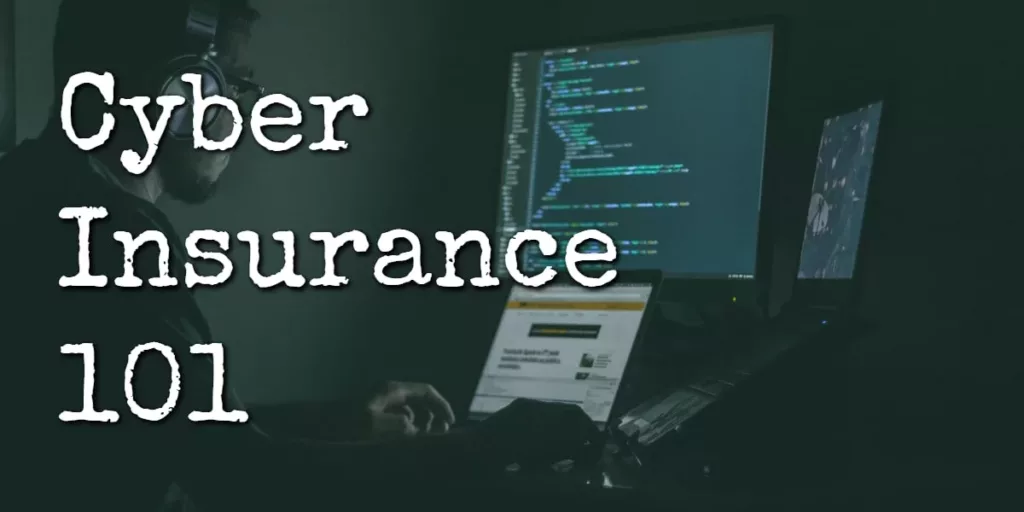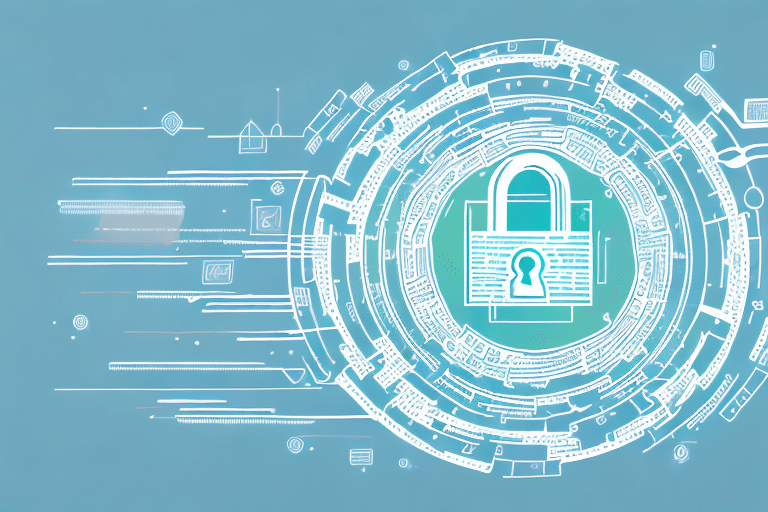In the whirlwind of digitalization, identity theft has become an insidious issue. It’s as though the old-school pickpockets have morphed into the digital pirates of today, ever craving personal information.
Now more than ever, it’s crucial to protect your identity.
This article will arm you with tools to bolster your defenses against identity theft.
On This Page:
Understanding Identity Theft
First off, it’s vital to comprehend what identity theft truly is. Fundamentally, it’s the deceitful acquisition and use of another individual’s private identifying information, typically for monetary gain.
As the old adage goes, “Knowledge is power”.
The Impact of Identity Theft
A common fallacy is that ID theft only influences your bank balance. However, it’s more akin to a ripple effect; it can pervade various facets of your life, from tainting your credit history to tarnishing your reputation.
In some cases, it can even distort your medical records or legal status.
How to Protect Yourself from ID Theft
Guarding yourself from ID theft isn’t a one-off task but rather a continuous endeavor. From concocting robust passwords to shredding pivotal documents, we’ve got your back.
1. Keep Your Personal Information Personal
Consider your personal information as a classified recipe for a gourmet meal. Would you hand it over to any Tom, Dick, or Harry? The answer should emphatically be a “no”. Stay alert about where and when you distribute your data.
2. Invest in a Shredder
Your garbage could be a gold mine for identity thieves. Putting money into a shredder can ensure that disposed of documents containing sensitive information don’t fall into unscrupulous hands.
In the digital realm, your personal information resembles a needle in a haystack. And, believe it or not, there are folks who are adept at finding that proverbial needle.
3. Secure Your Online Presence
You should reconsider the data you share on social media, including Facebook, Twitter, Instagram, Snapchat, and even LinkedIn – as all five of these social media leaders have experienced one or more data breach events. Your resolution should be to stop using social media altogether, take a break from it, or reduce how much time you spend on it.
Ensure that your social media profiles boast the strongest privacy settings, and be wary of the personal information you divulge.
4. The Power of Strong Passwords
Setting ‘password123’ as your password is akin to leaving your house key beneath the doormat.
Using new and strong passwords is one of the best ways to protect yourself from identity theft. A major weakness in using passwords is that there are always one or two basic passwords that are weak – and might even be used for multiple accounts, putting you at risk.
Use a password manager that can help create new and strong passwords, along with scanning existing passwords to flag reused and weak passwords.
5. Use a Virtual Private Network (VPN)
VPN software scrambles your IP address, encrypts data sent between your computer and the sites you visit, and masks your true location and service provider. This is important if you use public Wi-Fi. Using a VPN will prevent hackers from seeing your traffic and potentially scraping sensitive information, such as financial details.
So whether it is hacking or the insider threat that is the cause of a data breach event affecting you, you can still minimize your risk of identity theft by limiting your social media, using a password manager, reading the terms and conditions, and using VPN software.
Regular Monitoring and Updates
Stay ahead of the game by consistently checking your financial and personal accounts. This can aid you in swiftly spotting any discrepancies.
6. Regular Credit Monitoring
Enroll in credit monitoring services. They can alert you about alterations in your credit report, thereby helping you catch any dubious activity.
7. Keep Your Software Up-to-Date
That update notification on your phone or computer isn’t just there to irk you. Updates often contain patches for security loopholes, which can be crucial in preventing identity theft.
Educate Yourself about Phishing Scams
Phishing scams are cunning methods that thieves employ to pilfer your personal information. Enlighten yourself about these scams and how to sidestep them.
8. Recognize Phishing Emails and Messages
Phishing emails and messages may appear to originate from a company you trust. However, they’re designed to trick you into divulging personal information.
9. Report Phishing Attempts
If you suspect that you’ve received a phishing email or message, report it. Most companies have procedures in place to tackle these sorts of situations.
Conclusion
While the threat of identity theft can seem daunting, arming yourself with the right knowledge and habits can drastically diminish your risk. By taking proactive measures, such as those highlighted in this guide on ways to protect yourself from ID theft, you can maintain command over your personal information and identity.
In the war against identity theft, you are your prime defense.
FAQs
What is the most common type of identity theft?
Credit card fraud tops the list as the most prevalent type of identity theft.
Can identity theft be prevented?
While it’s impossible to completely eliminate the risk, following the tips in this guide can substantially reduce your chances of falling prey to identity theft.
How can I tell if my identity has been stolen?
Clues may include inexplicable withdrawals from your bank account, bills for services you didn’t utilize, or unanticipated rejections for credit.
What do I do if my identity is stolen?
Reach out to your financial institutions, report the theft to the FTC, and lodge a police report.
How can I protect my child from identity theft?
Refrain from sharing your child’s Social Security number unless absolutely necessary, keep tabs on their credit, and coach them about online safety.
Can identity theft affect my credit score?
Yes, identity theft can have a negative impact on your credit score if the thief initiates new credit lines in your name and defaults on the payments.



